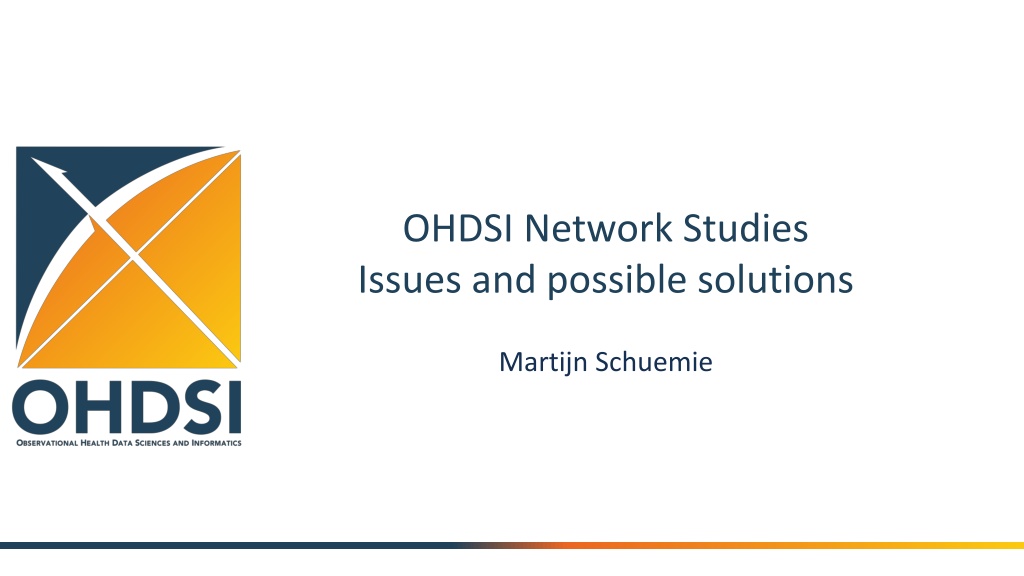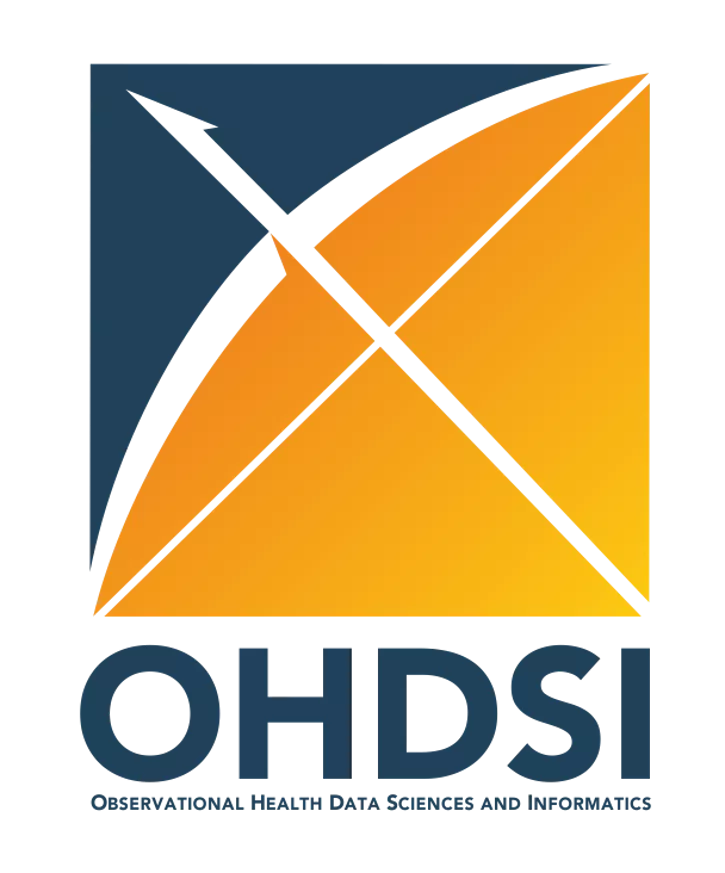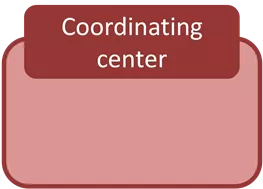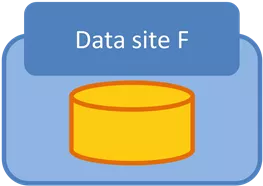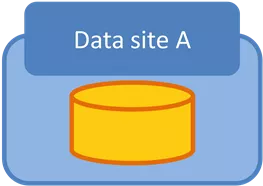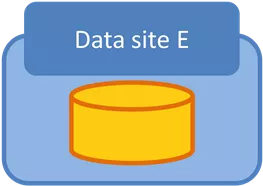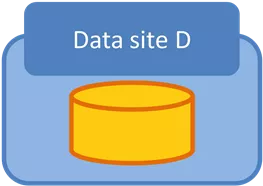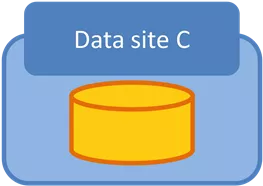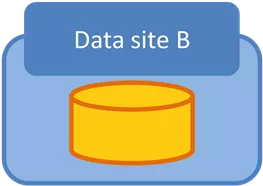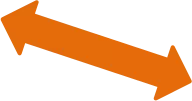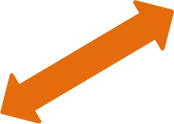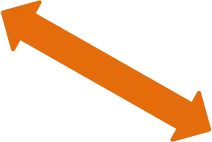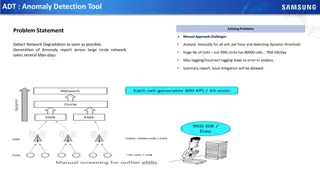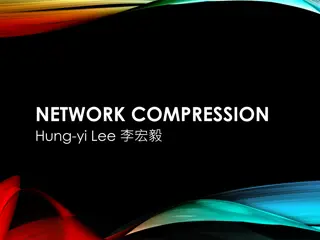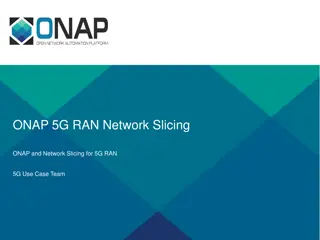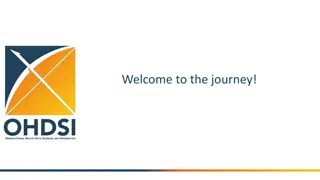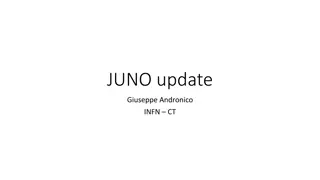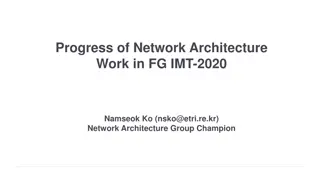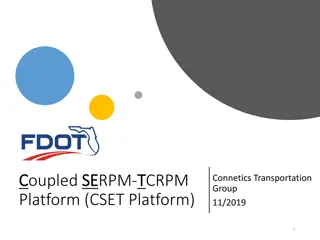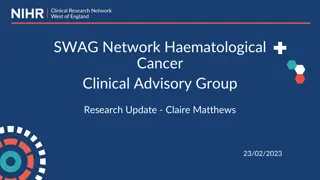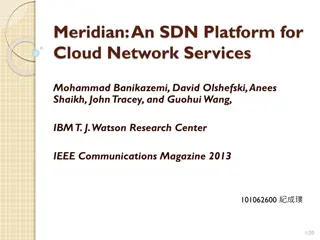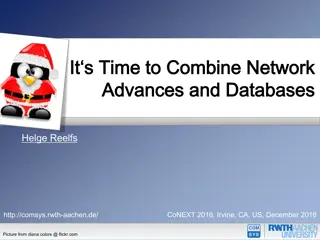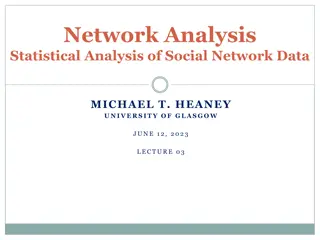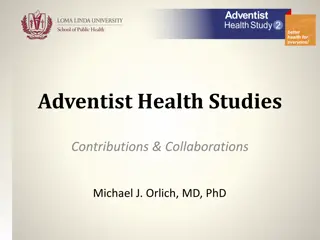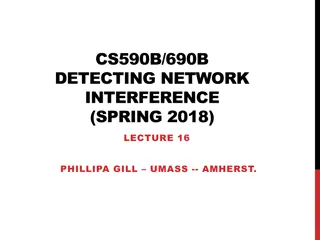Challenges and Solutions in OHDSI Network Studies
OHDSI Network Studies face challenges due to differences in health care systems and data capture processes across sites. Solutions include establishing a common Data Model and using the R programming language. Distributed Research Networks must coordinate efforts to ensure harmonization of data.
Download Presentation

Please find below an Image/Link to download the presentation.
The content on the website is provided AS IS for your information and personal use only. It may not be sold, licensed, or shared on other websites without obtaining consent from the author.If you encounter any issues during the download, it is possible that the publisher has removed the file from their server.
You are allowed to download the files provided on this website for personal or commercial use, subject to the condition that they are used lawfully. All files are the property of their respective owners.
The content on the website is provided AS IS for your information and personal use only. It may not be sold, licensed, or shared on other websites without obtaining consent from the author.
E N D
Presentation Transcript
OHDSI Network Studies Issues and possible solutions Martijn Schuemie
Distributed Research Networks Data site A Same across sites: Common Data Model R Data site F Data site B Coordinating center Different: Health care system Data capture process Source coding systems ETL Database platform Data site E Data site C Data site D 2
Possible issues when executing a network study Technical issues Edge cases E.g. error because cohort is empty Deviations from standard E.g. error because dates stored as varchar Bad testing E.g. code won t run at any site due to syntax errors Local tech problems E.g. weird issues with database configuration Dependency problems E.g. wrong version of FeatureExtraction installed
Possible issues when executing a network study Source data issues E.g. physician specialty not recorded but required in cohort definition E.g. drug is not prescribed in country Data size issues E.g. not enough subjects to fit propensity model ETL issues E.g. observations derived from diagnoses are stored in condition_occurrence Mapping issues E.g. source code not mapped to standard concept Bias issues E.g channeling due to site-specific doctors preferences / guidelines
Proposed solution 1: testing Always test on multiple databases before sending out to OHDSI network Make sure to test the code you ll be sending to others, not some other version. Yes, that means you ll probably be running the same study on your own data many times. (good thing: reproducible)
Proposed solution 2: Dependency documentation Use OhdsiRTools::insertEnvironmentSnapshotInPackage Dependency enforcement: - Packrat - ?
Proposed solution 3: Achilles (Heel) Run Achilles at every site Require Achilles Heel errors to be resolved Can detect deviations from standard and ETL issues Share: Heel report Whole of Achilles? Within study consortium or across all of OHDSI? How to link version between Achilles and study?
Proposed solution 4: Cohort counts Compute counts per cohort per database Low stroke count due to inpatient visit requirement No glaucoma due to specialty requirement
Proposed solution 5: Orphan code check For example Look for concepts with gangrene in name Do they role up to Gangrenous disorder ? Do they appear in the data? Requires source concept ids / values 439928 Gangrenous disorder ? J85.0 4324261 Pulmonary necrosis Gangrene and necrosis of lung Maps to
Proposed solution 6: Concept sets to source codes Break down concept sets to implied source codes Plot prevalence of source codes in data over time switching from ICD-9 to 10 Drop in proportion when Concept set Standard concept Source code
Proposed solution 7: Share study diagnostics Propensity model + distribution Covariate balance Negative and positive control distribution etc. http://data.ohdsi.org/LegendBasicViewer/
Proposed solution 8: PheValuator https://github.com/OHDSI/PheValuator
Proposed solution 9: Chart review Time and resource intensive Based on original charts or CDM data? Formal or exploratory?
Summary Network studies are vulnerable to Technical issues Source data issues Data size issues ETL issues Mapping issues Bias issues Proposed solutions: Testing at multiple sites Dependency documentation Achilles (Heel) Cohort counts Orphan code checks Concept sets to source codes Sharing study diagnostics PheValuator Chart review
Next workgroup meeting Eastern hemisphere: April 3 3pm Hong Kong / Taiwan 4pm South Korea 5:30pm Adelaide 9am Central European time 8am UK time Western hemisphere: April 25 6pm Central European time 12pm New York 9am Los Angeles / Stanford http://www.ohdsi.org/web/wiki/doku.php?id=projects:workgroups:est-methods
